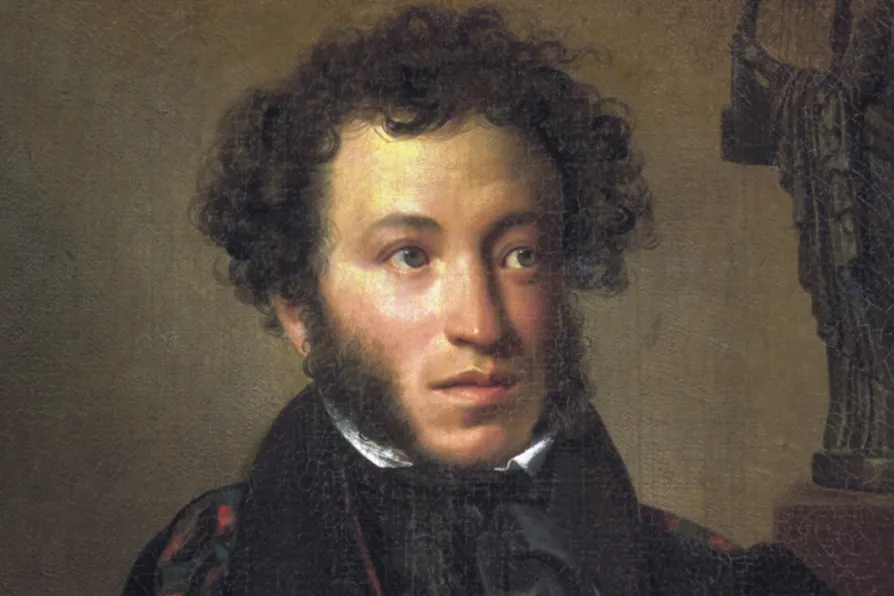RON JACOBS welcomes a timely history of the Anti Imperialist league of America, and the role that culture played in their politics
The Man Who Shook his Fist at the Tsar by Jack Robertson
Compelling account of the great Russian poet Alexander Pushkin's defiance of autocracy

 Portrait of Pushkin by Orest Kipresnky, 1827
Portrait of Pushkin by Orest Kipresnky, 1827
AN AMALGAM of biography, history, politics and literature, all woven together by informed commentary and observation, it is difficult to categorise Jack Robertson’s book on Alexander Pushkin.
Taking the reader down numerous fascinating discursive byways, the focus is on the acknowledged founder of Russian literature and his great 1833 poem The Bronze Horseman.
Its title references the great equestrian statue in St Petersburg’s Senate Square celebrating the founder of the city, Peter the Great.
Similar stories

Peter Mitchell's photography reveals a poetic relationship with Leeds

Ben Cowles speaks with IAN ‘TREE’ ROBINSON and ANDY DAVIES, two of the string pullers behind the Manchester Punk Festival, ahead of its 10th year show later this month

JOHN GREEN surveys the remarkable career of screenwriter Malcolm Hulke and the essential part played by his membership of the Communist Party

ANDY HEDGECOCK relishes two exhibitions that blur the boundaries between art and community engagement










